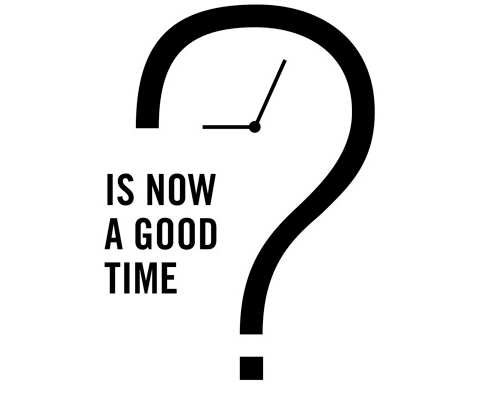Will interest rates crash property prices in 2024?
When the Reserve Bank increases interest rates, it often correlates with a reduction in property values. Higher interest rates often mean that people borrow less to purchase a property, which means that the pool of funds available for a particular property is reduced.
A fall in the value of the property is a win for homebuyers, especially if they’ve been watching on over the past few years as prices soar out of their reach. Investors are often trying to predict the bottom of the market to maximise their returns.
Over 2022 and 2023 the Reserve Bank of Australia raised interest rates 12 times. So why have house prices increased in 2023?








